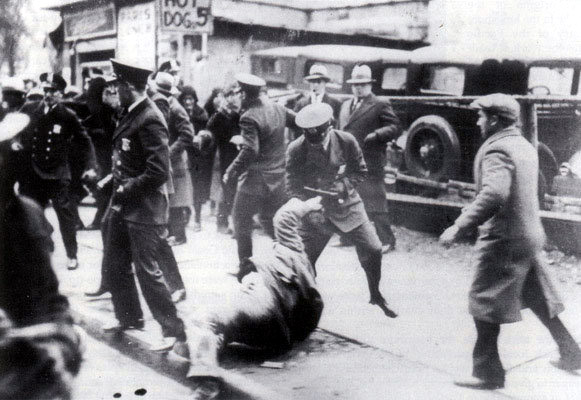Boss Hogg Lives!
Okay, here’s the scenario: somewhere in a town probably deep down in the rural South, the politicians decide unceremoniously to dump part of the city’s utility system. The line given to the townsfolk, is that the utility system is losing money. This issue of losses is hotly contested, but the town fathers are able to stall off an independent audit to determine if the utility is really losing money. The only daily newspaper in town is owned by basically the same group of people that run the town – they’re all good ol’ boys – so it spouts a nearly constant stream of propaganda backing up what the town fathers say. Feeling secure, the politicians plow right ahead. There are questions, however.
Why, you ask yourself, would anyone want to buy a utility that’s losing money? So they can take the losses themselves, instead of the city? Obviously, this is altruism’s finest hour! But then you remember that the person buying the utility is one of the group of good ol’ boys. Armed with this thought, you have to assume it’s a no-brainer the utility must be making money hand over fist! Otherwise no one would want to buy it. The good ol’ boys don’t waste money on unprofitable businesses. It’s just not done. And cooking the books to make it show a loss is so, so easy.
The move to sell the utility doesn’t really surprise anyone because the town’s politics are dominated by the good ol’ boys, and they often make decisions like this. This is not these politicians’ first rodeo.
Where might something like this happen? Right off the top, most people would think of Hazzard County, Georgia, with Commissioner Boss Hogg running the show. It’s a given that everything Boss Hogg does, profits himself or his friends. That’s Just the way he rolls. Everyone accepts this, because that’s just the way business is conducted in that small fictional southern towns. Or so TV would have us believe.



 A liberal’s long journey away from Barack Obama and the Democratic party
A liberal’s long journey away from Barack Obama and the Democratic party From a Muslim perspective, this whole “war on terror” has to look a whole lot like a “war on Muslims.”
From a Muslim perspective, this whole “war on terror” has to look a whole lot like a “war on Muslims.”



